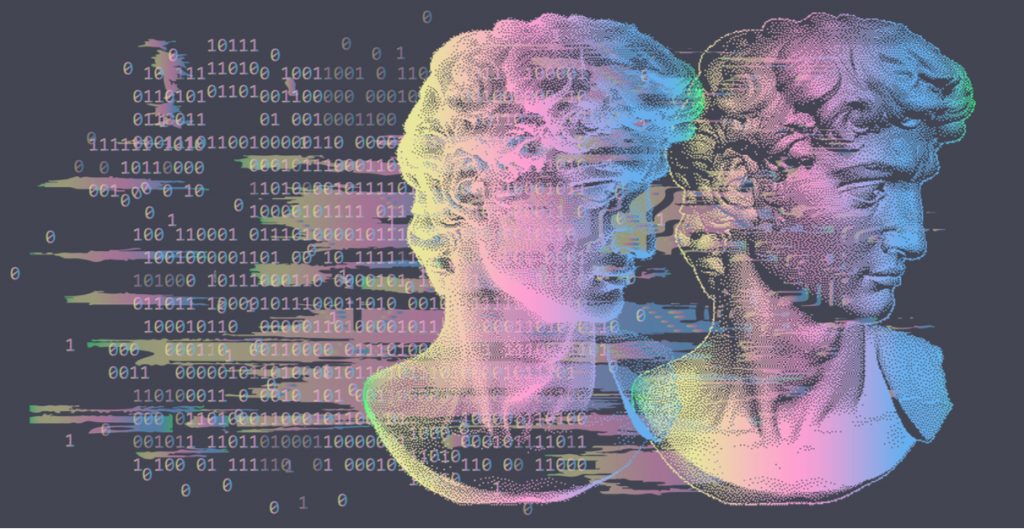Non-fungible tokens (NFTs) are cryptographic assets on a blockchain with unique identification codes and metadata that distinguish them from each other.
Unlike cryptocurrencies, they cannot be traded or exchanged at equivalency. This differs from fungible tokens like cryptocurrencies, which are identical to each other and, therefore, can serve as a medium for commercial transactions.
NFTs (non-fungible tokens) are unique cryptographic tokens that exist on a blockchain and cannot be replicated.
NFTs can represent real-world items like artwork and real estate.
"Tokenizing" these real-world tangible assets makes buying, selling, and trading them more efficient while reducing the probability of fraud.
NFTs can also function to represent individuals' identities, property rights, and more.
Collectors have sought NFTs as their value initially soared, but has since moderated.

Like physical money, cryptocurrencies are fungible, meaning that they can be traded or exchanged, one for another. For example, one bitcoin is always equal in value to another bitcoin. Similarly, a single unit of ether is always equal to another unit. This fungibility characteristic makes cryptocurrencies suitable as a secure medium of transaction in the digital economy.
NFTs shift the crypto paradigm by making each token unique and irreplaceable, thereby making it impossible for one non-fungible token to be equal to another. They are digital representations of assets and have been likened to digital passports because each token contains a unique, non-transferable identity to distinguish it from other tokens. They are also extensible, meaning you can combine one NFT with another to “breed” a third, unique NFT.

Important: Just like Bitcoin, NFTs also contain ownership details for easy identification and transfer between token holders. Owners can also add metadata or attributes pertaining to the asset in NFTs. For example, tokens representing coffee beans can be classified as fair trade. Or, artists can sign their digital artwork with their own signature in the metadata.
Non-fungible tokens are an evolution of the relatively simple concept of cryptocurrencies. Modern finance systems consist of sophisticated trading and loan systems for different asset types, ranging from real estate to lending contracts to artwork. By enabling digital representations of physical assets, NFTs are a step forward in the reinvention of this infrastructure.
To be sure, the idea of digital representations of physical assets is not novel nor is the use of unique identification. However, when these concepts are combined with the benefits of a tamper-resistant blockchain of smart contracts, they become a potent force for change.

Copyright: © 2024 Zephyr Escrow .
Address: 70 Park Avenue, New York, NY.
Email: support@zephyrescrow.org
